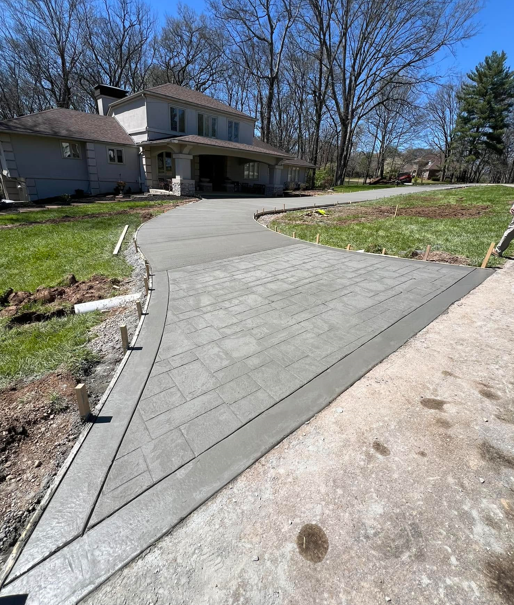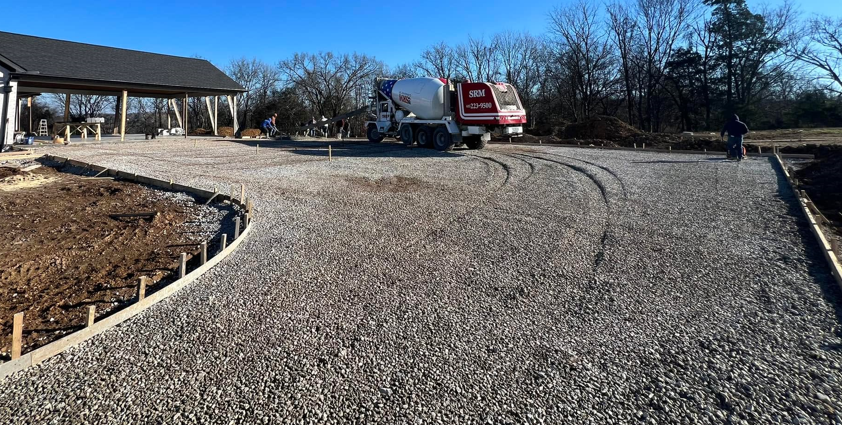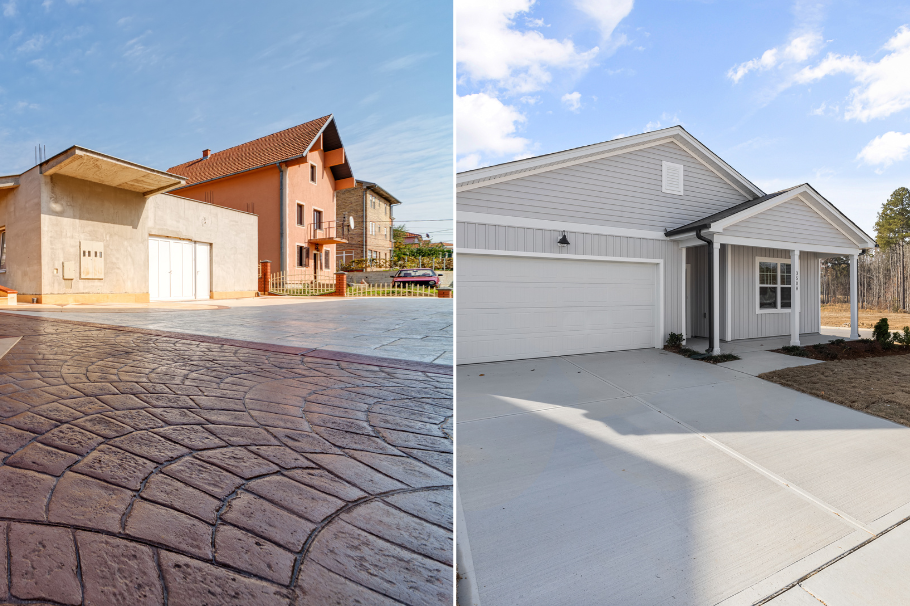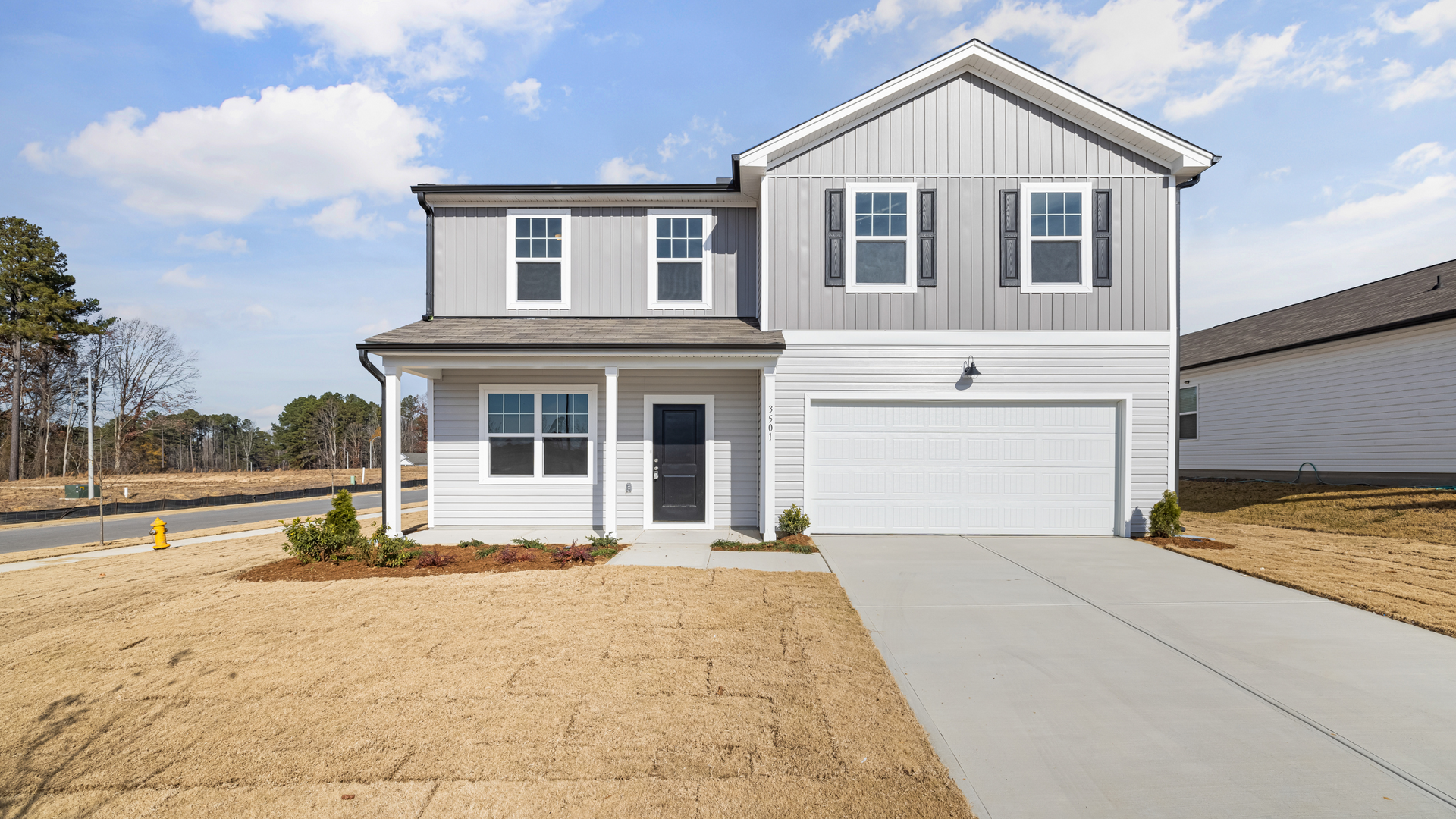Concrete Driveway vs Asphalt Driveway: Which Is Better?
When it’s time to upgrade or install a new driveway, most homeowners wonder which material is the better choice: concrete driveway vs asphalt driveway. Both are popular options, but knowing the pros and cons of each can make a big difference in how well your driveway meets your needs.
Moreover, every homeowner’s needs are different. In addition, are you prioritizing long-term value or sticking to a budget? Do you live in an area with extreme weather? Understanding the differences between concrete driveway vs asphalt driveway will help you pick what works best for you.
Take note, we’ll break down the pros, cons, costs, and everything in between to help you decide. In fact, let’s explore concrete driveway vs asphalt driveway and find out which is the perfect fit for your home!
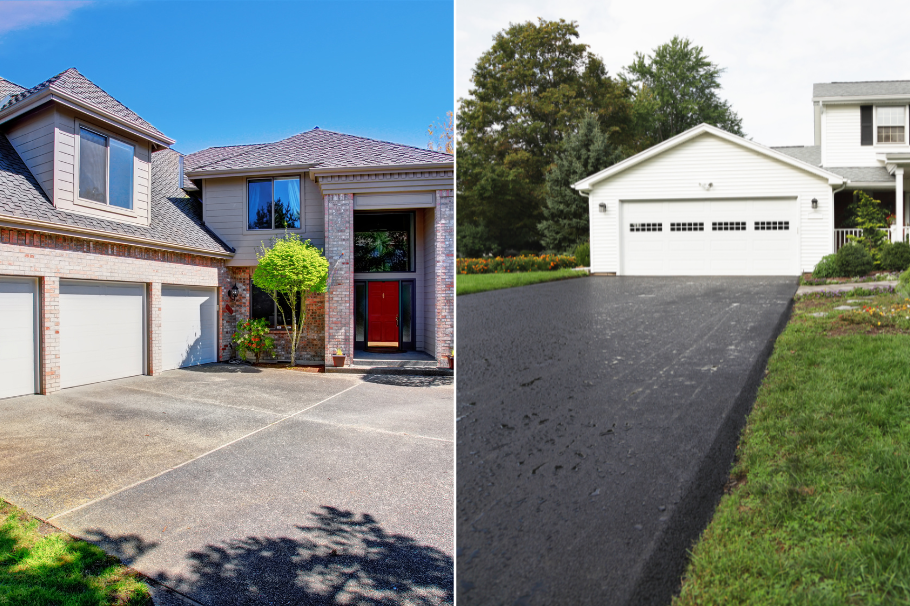
When it’s time to upgrade or install a new driveway, most homeowners wonder which material is the better choice: concrete driveway vs asphalt driveway. Both are popular options, but knowing the pros and cons of each can make a big difference in how well your driveway meets your needs.
Moreover, every homeowner’s needs are different. In addition, are you prioritizing long-term value or sticking to a budget? Do you live in an area with extreme weather? Understanding the differences between concrete driveway vs asphalt driveway will help you pick what works best for you.
Take note, we’ll break down the pros, cons, costs, and everything in between to help you decide. In fact, let’s explore concrete driveway vs asphalt driveway and find out which is the perfect fit for your home!
1. Concrete Driveway vs Asphalt Driveway: A Basic Overview
First, let’s understand what each material offers. Concrete is a mixture of cement, water, and aggregates, known for its strength and durability. Asphalt, on the other hand, consists of aggregate mixed with bitumen, a sticky petroleum-based substance.
Moreover, concrete driveways typically last longer than asphalt driveways, often exceeding 30 years with proper maintenance. However, asphalt driveways generally have a lifespan of 15 to 20 years. In the same way, the initial cost of asphalt is usually lower than concrete.
Choosing between concrete driveway vs asphalt driveway often depends on what you value more: upfront affordability or long-term durability. Similarly, while both materials have their strengths, understanding these differences can guide your decision.
2. Cost Comparison: Concrete Driveway vs Asphalt Driveway
Take note, the cost of a driveway depends on various factors like location, labor, and materials. Concrete driveways usually range from $12 to $30 per square foot. Asphalt driveways are more budget-friendly, costing about $6 to $16 per square foot.
Here’s a simple table comparing the costs:
| Driveway Material | Cost per Square Foot | Lifespan |
|---|---|---|
| Concrete | $12 - $30 | 30+ years |
| Asphalt | $6 - $16 | 15 - 20 years |
Furthermore, while asphalt is cheaper upfront, concrete driveways prove more cost-effective in the long run due to their longevity and minimal maintenance needs. For example, this cost breakdown highlights another key consideration in the debate over concrete driveway vs asphalt driveway for homeowners.
3. Durability and Maintenance: Concrete Driveway vs Asphalt Driveway
Additionally, durability plays a significant role in your decision. Concrete driveways resist heavy loads and don’t soften in extreme heat. Conversely, asphalt driveways can become pliable under scorching temperatures, leading to faster wear and tear.
What’s more, maintenance for both materials differs. Concrete driveways may develop cracks over time but require less frequent repairs. Asphalt driveways need periodic sealing every 3 to 5 years to maintain their condition. When weighing the maintenance needs of concrete driveway vs asphalt driveway, concrete offers fewer headaches over time. Explore these articles to learn how to maintain concrete driveway and asphalt driveway.
4. Climate Suitability: Concrete Driveway vs Asphalt Driveway
Climate, as a factor, can heavily influence the performance of your driveway. Concrete driveways are more suitable for warm climates as they don’t soften in heat. On the other hand, asphalt driveways perform better in cold regions due to their flexibility and ability to withstand freeze-thaw cycles.
Take note, if you live in an area with heavy snowfall, asphalt driveways might be more practical as they absorb heat, helping to melt snow faster. Ultimately, considering climate is another critical factor in the concrete driveway vs asphalt driveway debate.
5. Aesthetic Appeal: Concrete Driveway vs Asphalt Driveway
Moreover, aesthetics often sway homeowners’ decisions. Concrete driveways offer extensive customization options, including a wide range of colors, patterns, and finishes. Homeowners can choose colored concrete to complement their property’s design or opt for stamped concrete, which mimics the look of stone, brick, or tile, adding a touch of elegance and uniqueness to their driveways. These features make concrete an appealing choice for those seeking both durability and visual appeal.
Likewise, asphalt driveways, while sleek and black, don’t offer much in terms of design flexibility.
Indeed, for homeowners focused on style, this comparison of concrete driveway vs asphalt driveway showcases why concrete stands out.
6. Environmental Impact: Concrete Driveway vs Asphalt Driveway
The environmental impact of each material is worth considering. For this reason, concrete driveways production emits more CO2 compared to asphalt, making it less eco-friendly. However, asphalt driveways require petroleum, a non-renewable resource.
What’s more, both materials can be recycled, reducing their environmental footprint. Namely, choosing local suppliers can also minimize transportation emissions.
7. Installation Time: Concrete Driveway vs Asphalt Driveway
The installation timeline can affect your decision. Concrete driveways take about 7 days to cure before they are usable. Meanwhile, asphalt driveways, on the other hand, can be used within 1 to 2 days of installation.
Moreover, the quicker usability of asphalt driveways makes them an appealing option for those who need a fast solution.
8. Longevity: Concrete Driveway vs Asphalt Driveway
When it comes to lifespan, concrete driveways are the clear winner. With proper care, they can last over 30 years. Asphalt driveways, though less durable, still offer a respectable lifespan of up to 20 years.
Subsequently, regular maintenance like sealing can extend the lifespan of an asphalt driveway, but it will still fall short compared to concrete driveways.
9. Resale Value: Concrete Driveway vs Asphalt Driveway
A well-maintained concrete driveway can increase your property’s resale value. According to the National Association of Realtors, a new concrete driveway can potentially increase the value of your home by 5-10%.
All in all, investing in a durable and visually appealing concrete driveway can pay off when it’s time to sell your home.
FAQs About Concrete Driveway vs Asphalt Driveway
Which material is better for heavy vehicle traffic?
- Concrete driveways are better for heavy vehicle traffic due to their superior strength and resistance to cracking under pressure.
How often should I seal my driveway?
- For asphalt driveways, sealing is recommended every 3 to 5 years. Concrete driveways rarely need sealing, but sealing decorative concrete can preserve its appearance.
Can I repair cracks in my driveway myself?
- Yes, minor cracks in both asphalt driveways and concrete driveways can be repaired with DIY kits. However, large cracks or structural damage may require professional repair.
How does weather affect the maintenance of each material?
- Asphalt driveways are more prone to cracking in freeze-thaw cycles, while concrete driveways are more likely to experience surface scaling in colder climates without proper care.
Which driveway material is more slip-resistant?
- Concrete driveways are generally more slip-resistant than asphalt driveways, especially when textured or finished with a broom surface.
Are concrete driveways environmentally friendly?
- Concrete driveways have a higher carbon footprint due to cement production. Nevertheless, they last longer and require fewer resources for maintenance, offsetting some environmental concerns.
Can asphalt be recycled?
- Yes, asphalt driveways are 100% recyclable and can be reused for new driveway installations, making them an eco-friendly option.
How do I choose the right contractor for my driveway?
- Look for licensed and experienced contractors with a good portfolio. Specifically, request references, compare quotes, and ensure they provide a clear timeline for the project.
What is the best way to clean each type of driveway?
- For concrete driveways, use a pressure washer and mild detergent. Meanwhile, for asphalt driveways, sweep regularly and clean with a hose to remove dirt and debris.
Can I switch from one material to another for an existing driveway?
- Yes, but it will require removing the current driveway material and preparing the base for the new installation. Indeed, consult a professional for advice.
Final Thoughts: Concrete Driveway vs Asphalt Driveway – The Verdict
Ultimately, the decision comes down to your budget, aesthetic preferences, and climate. Concrete driveways stand out for their durability, design flexibility, and long-term value. Asphalt driveways, however, are budget-friendly and better suited for colder climates.
At AMC Concrete, we specialize in delivering high-quality concrete driveways tailored to your needs. Above all, whether you're looking for durability, aesthetics, or long-term savings, we’ve got you covered. Get in touch with us today and let us help you build a driveway that lasts a lifetime.
Call us at: +1 931-281-8528
